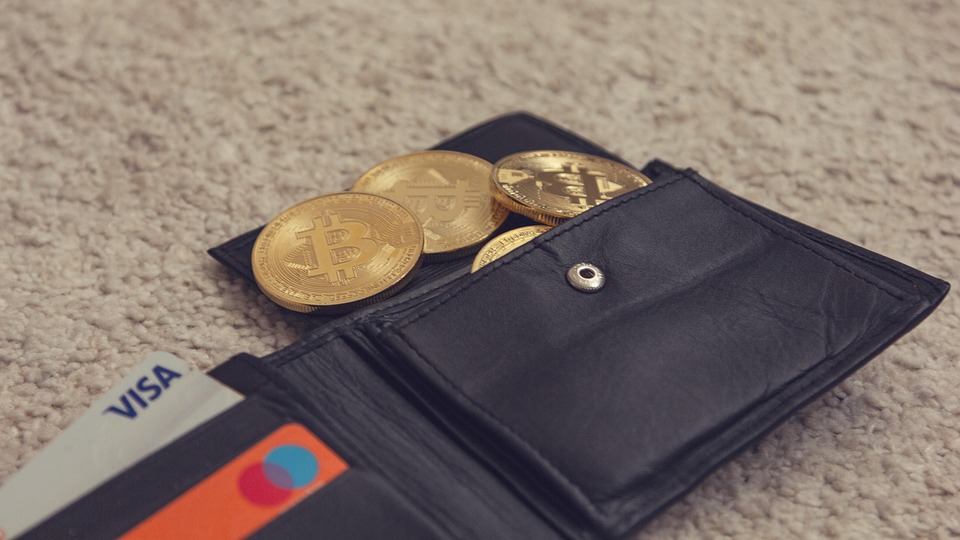[ad_1]
Cryptocurrencies are rapidly gaining popularity as a means of investment and daily transactions. As the crypto ecosystem grows, so does the importance of security. One of the most critical decisions every crypto enthusiast faces is choosing the right wallet to store their digital assets.
Understanding Crypto Wallets
A crypto wallet is a digital tool that allows you to store, send, and receive cryptocurrencies. It’s essential to understand that a wallet does not store the cryptocurrency itself but rather your keys to access your cryptocurrencies on the blockchain. There are several types of wallets, each with its advantages and disadvantages.
Types of Crypto Wallets
1. Hot Wallets
Hot wallets are connected to the internet and are typically easier to use. They include:
- Web Wallets: Accessible through your web browser.
- Mobile Wallets: Apps available for smartphones.
- Desktop Wallets: Software you download to your computer.
While hot wallets are convenient, they are more vulnerable to hacks and theft.
2. Cold Wallets
Cold wallets, in contrast, are not connected to the internet and provide enhanced security. They include:
- Hardware Wallets: Physical devices designed to securely store your keys.
- Paper Wallets: A physical printout of your keys and QR codes.
Cold wallets are safer from online threats, making them ideal for long-term storage.
Factors to Consider When Choosing a Crypto Wallet
1. Security
Security should be your top priority. Look for wallets that offer robust encryption, two-factor authentication, and a good track record against hacks.
2. User-Friendliness
The wallet’s interface should be easy to navigate, especially if you are a beginner. Consider user reviews and guides.
3. Supported Cryptocurrencies
Different wallets support different cryptocurrencies. Ensure the wallet you choose supports the specific cryptocurrencies you plan to store.
4. Backup and Recovery Options
Choose wallets that offer reliable backup and recovery options. This feature is vital in case you lose access to your wallet.
5. Reputation and Reviews
Research the wallet’s reputation through user reviews and industry expert opinions. A well-rated wallet will often provide better services and support.
Popular Crypto Wallet Recommendations
1. Ledger Nano X (Hardware Wallet)
The Ledger Nano X is a widely recommended hardware wallet known for its security features and user-friendly interface. It supports over 1,800 cryptocurrencies.
2. Trezor Model T (Hardware Wallet)
The Trezor Model T features a touch screen and offers excellent security. It supports a broad range of cryptocurrencies and has advanced recovery features.
3. Coinbase Wallet (Mobile Wallet)
If you’re looking for a convenient mobile wallet, Coinbase Wallet is a popular option. While it’s user-friendly, ensure you comply with security best practices.
4. Exodus (Desktop/Mobile Wallet)
Exodus is a multi-currency wallet that provides an excellent user experience on both desktop and mobile platforms.
Conclusion
Selecting the right crypto wallet is crucial for safeguarding your investments. A proper wallet not only protects your assets but also enhances your overall experience within the crypto landscape. Take your time to assess your needs and select a wallet that aligns with your usage patterns. By understanding the types of wallets, their features, and following best practices, you can confidently better secure your cryptocurrency holdings.
FAQs
Q: What is the difference between a hot wallet and a cold wallet?
A: Hot wallets are connected to the internet and offer ease of access, while cold wallets are offline and provide enhanced security. Cold wallets are recommended for long-term storage.
Q: Can I use multiple wallets simultaneously?
A: Yes, many users utilize multiple wallets to diversify and enhance security for their different cryptocurrencies.
Q: What should I do if I lose access to my crypto wallet?
A: If your wallet has a recovery option, follow the provided steps to recover your assets. Always ensure to keep your recovery phrase secure.
Q: Are all crypto wallets free?
A: Most software wallets are free, but some hardware wallets require an upfront purchase. Always be wary of charges related to transfers or exchanges.
Q: Can I switch my crypto assets from one wallet to another?
A: Yes, you can transfer your cryptocurrencies between wallets, but be aware of potential transaction fees and network confirmations.
[ad_2]
